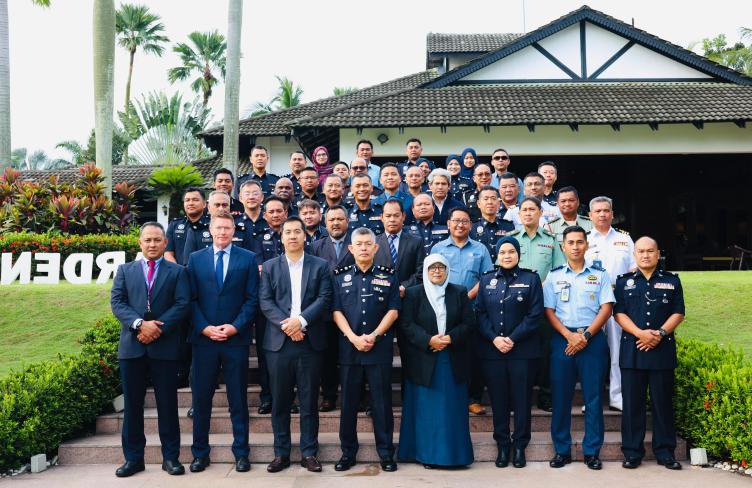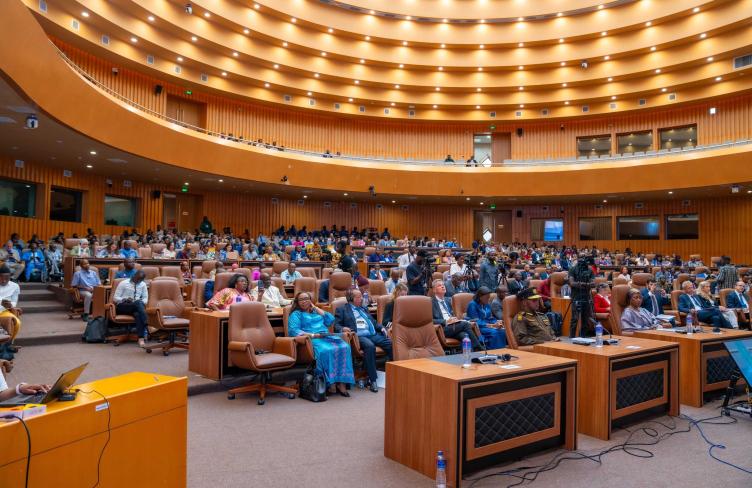
Continued recognition of the Méndez Principles for Effective Interviewing as a key instrument to prevent torture during investigations was reflected in multiple statements by States during the 51st session of the UN Human Rights Council.
The Méndez Principles featured prominently in statements by States during the 51st session, held from 12 September to 7 October 2022, particularly during the interactive dialogue with the Working Group on arbitrary detention and the interactive dialogue with the Independent Expert on the enjoyment of all human rights by older persons.
These references are further milestones in the growing international endorsement of the Principles, demonstrated during the 49th session (February-April 2022) and the 50th session (June-July 2022) of the Human Rights Council.
Interactive dialogue with the Working Group on arbitrary detention
On 19 September, the Working Group on arbitrary detention presented its annual report which contained a section dedicated to the Méndez Principles. The report observed that in many instances, violations of the absolute prohibition of torture and ill-treatment can lead to a violation of the absolute prohibition of arbitrary detention, and vice versa. This is particularly true when confessions and other incriminating information extracted through ill-treatment, and even torture, are then used in proceedings against victims of such treatment.
The report welcomed the launch of the Principles, recognising their role to reduce instances of arbitrary deprivation of liberty. The Working Group called on States to promote effective implementation in practice of the Principles by their law enforcement agencies.
During the interactive dialogue, the Principles were referred to in seven statements by 14 States from different regions: Costa Rica, Denmark, Estonia, Finland, Iceland, Indonesia, Ireland, Latvia, Lithuania, Luxembourg, the Netherlands, Norway, South Africa and Sweden.
Indeed, the Principles help operationalise the link between the prohibition of torture and other ill-treatment and the prohibition of arbitrary detention. They provide concrete guidance on how to conduct effective interviewing, by replacing coercive interrogations with rapport-based interviews and integrating key legal and procedural safeguards, such as the presumption of innocence, the right not to be compelled to incriminate oneself, the right not to be subjected to discrimination, and the right to a fair trial.
Interactive dialogue with the Independent Expert on the enjoyment of all human rights by older persons
On 19 September, the Independent Expert on the enjoyment of all human rights by older persons presented her report on older persons deprived of their liberty. The report – which referenced the APT’s submission on 13 occasions – highlighted that older persons deprived of liberty are more likely to suffer serious human rights violations, as well as violence, abuse, ill-treatment and even torture.
During the interactive dialogue, Costa Rica stressed the need for regulations and measures that coherently address the intersection between age and other factors, including in the context of deprivation of liberty. The Méndez Principles, the Mandela Rules and the Bangkok Rules were presented as constituting an excellent minimum base of human rights standards applicable to older persons.
The APT is very encouraged by the strong support expressed for the Méndez Principles. Together with our partners, we will continue our advocacy for endorsement of the Principles by the United Nations, in particular during the General Assembly in New York.


